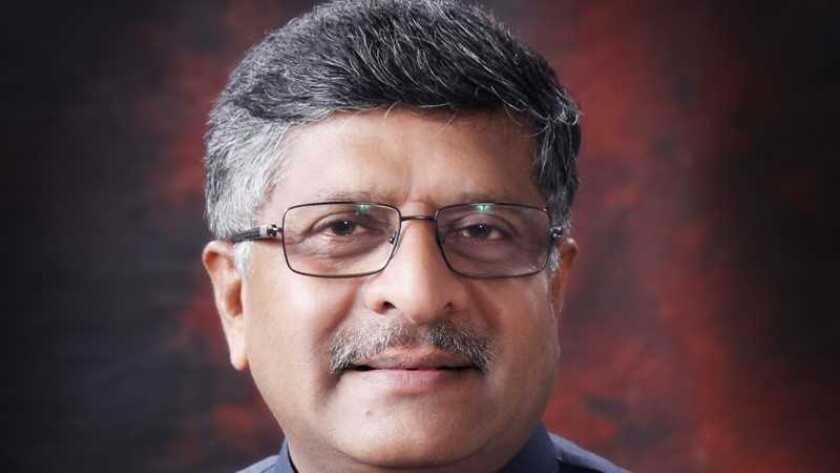Jio was the top bidder, spending $7.8 billion, followed by Bharti Airtel Ltd., which spent $2.6 billion, and Vodafone Plc’s India unit, which spent 19.9 billion rupees. It was India's first auction since 2016.
The auction got underway on 1 March local time, following months of delays and, conducted over four rounds, a total 2,251 MHz of spectrum was made available.
With a reserve price of Rs 3.92 lakh crore, the auction included seven bands: 700, 800, 900, 1,800, 2,100, 2,300, and 2,500 MHz. All spectrum is valid for 20 years.
Early reports from the Department of Telecommunications (DoT) said as much as Rs 77,146 crore was raised on the first day, against a target of Rs 45,000 crore from the major MNOs Reliance Jio, Bharti Airtel and Vodafone Idea. However, the auction closed on just under US$11 billion.
Reflecting the financial position of the MNOs, telecoms minister Ravi Shankar Prasad said 60% of the offered spectrum was sold, with bids struggling to exceed the floor price, and some spectrum bands left entirely unsold.
However, he maintained the auction exceeded government expectations, “given the Covid scenario and other stress situations the sector is facing”.
He added: “We are happy the industry is confident and has bid to acquire more [airwaves]."
In the auction, Bharti Airtel took 355.45MHz, while Reliance Jio – which has been particularly vocal about its 5G launch plans – acquired the largest haul at 488.35 megahertz. Vi took 11.8MHz. The spectrum is expected to be used to replace expiring licenses, strengthen networks, and begin early 5G roll outs.
What about 5G?
In May, India confirmed its next spectrum auction would be pushed into this financial year. The original plan was to include both 4G and 5G spectrum. At Rs 492 crore per MHz, 6,050MHz had been allocated for 5G with the 3,300-3,600MHz band, although some said at the time that the price is too high, including Bharti Airtel.
However, there was no C-band on offer in this auction. Instead Airtel and Jio are gearing up for 5G launches using DSS technology and, as a result, will leverage this auction to boost their other spectrum holdings.
Airtel, which partnered with Qualcomm for its 5G launch, in January became the first in the country to demonstrate and orchestrate a live 5G service over its existing commercial network in Hyderabad city.
Leveraging its existing liberalised spectrum in the 1800 MHz band through NSA network technology, Airtel used what it described as a "first of its kind, dynamic spectrum sharing" to operate 5G and 4G concurrently within the same spectrum block.
Following the tests, Airtel said the test "emphatically validated the 5G readiness of Airtel's network across all domains – radio, core and transport".
For its part, Jio has been banging the 5G drum for a number of months, with RIL chairman Mukesh Ambani confirming in December that the operator would launch 5G in the first half of this year.
Although developments were gaining pace elsewhere, it was the clearest indication yet that India's 5G launch was imminent.
However, speaking to Capacity last month, Roberto Kompany, senior analyst, research, at Analysys Mason warned that the additional spectrum on offer in this auction would not deliver "the same level of customer experience or speed" in 5G as C-band spectrum would.
"One thing to bear in mind is the sub-1 gives you much better coverage at a lower cost because you don't need to spend on additional sites," he said, adding that Jio will likely concentrate on buying spectrum in the 700mhz band to give macro level coverage.





